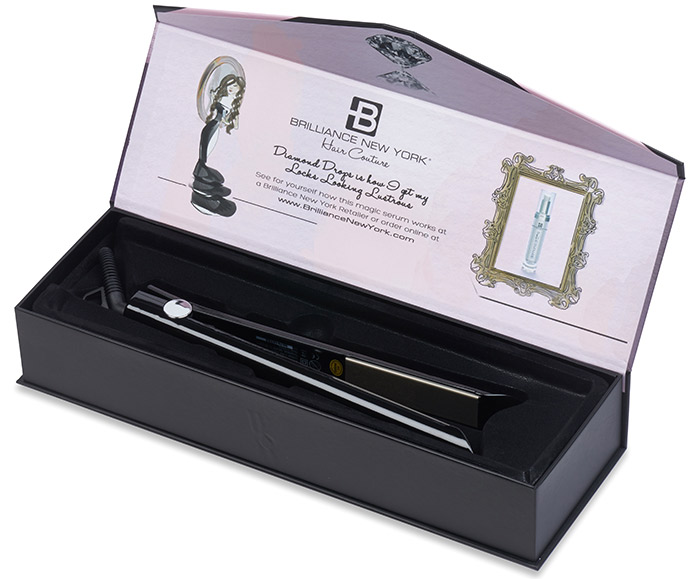


Results revealed an average D score (a metric of the strength of the stereotypical 'intellectual brilliance = men' association) of 0.16, indicating that Singaporean children associate brilliance with men more than women and that this stereotypical belief increased in strength with age among the child sample and reached stereotype levels comparable to those of adults by age 12. Participants with an implicit association of men being brilliant will react faster to the task of categorising genius words with the male photographs than the same task with female photographs.

This process was repeated in the second half of the trials with female photographs and genius words. One set of 'genius words' referred to the notion of brilliance and included words such as "super-smart" and "genius," while the other set of words referred to creativity (control attribute).ĭuring the first half of the trials, participants had to press a key to categorise the male photographs with the genius words. During the test, participants were asked to categorise photographs of men and women, along with two sets of words. The researchers used the Implicit Association Test (IAT) - a commonly-used implicit measure of stereotyping - to evaluate parents' and children's behaviour. Women are also more likely than men to perceive gender barriers to STEM career entry and career progress. While Singapore has the second highest in the world OECD PISA scores in mathematics, science and reading, a recent study by the Promotion of Women in Engineering, Research, and Science (POWERS) programme at NTU Singapore found that women in Singapore are less confident in their math and science abilities compared to men. The authors say the study offers evidence to support Singapore's push to close the gender gap in the Science, Technology, Engineering, and Mathematics (STEM) sectors. "Our research work shows parents must also be included in policies and school programmes to effectively combat children's gender stereotypes from a young age," she added.įor example, as previous studies have found that parents use different explanation styles for daughters and for sons, the research team said programmes to train parents and teachers to be mindful of balancing their behaviour during interactions with children - especially with girls - could be introduced. "For girls, this may lead them to doubt their abilities, thus limiting their ideas about their interests and what they can achieve in life." "Stereotypical views about how boys are smarter than girls can take root in childhood and become a self-fulfilling prophecy," said Prof Setoh. Lead author of the study, Associate Professor Setoh Peipei from NTU Singapore's School of Social Sciences, said the Singapore-based study is the first to identify that the tendency to associate brilliance with men (also known as the 'brilliance equals to men' stereotype) increases in strength through the primary school years, and reaches the level of belief seen in adults by the age of 13.


 0 kommentar(er)
0 kommentar(er)
